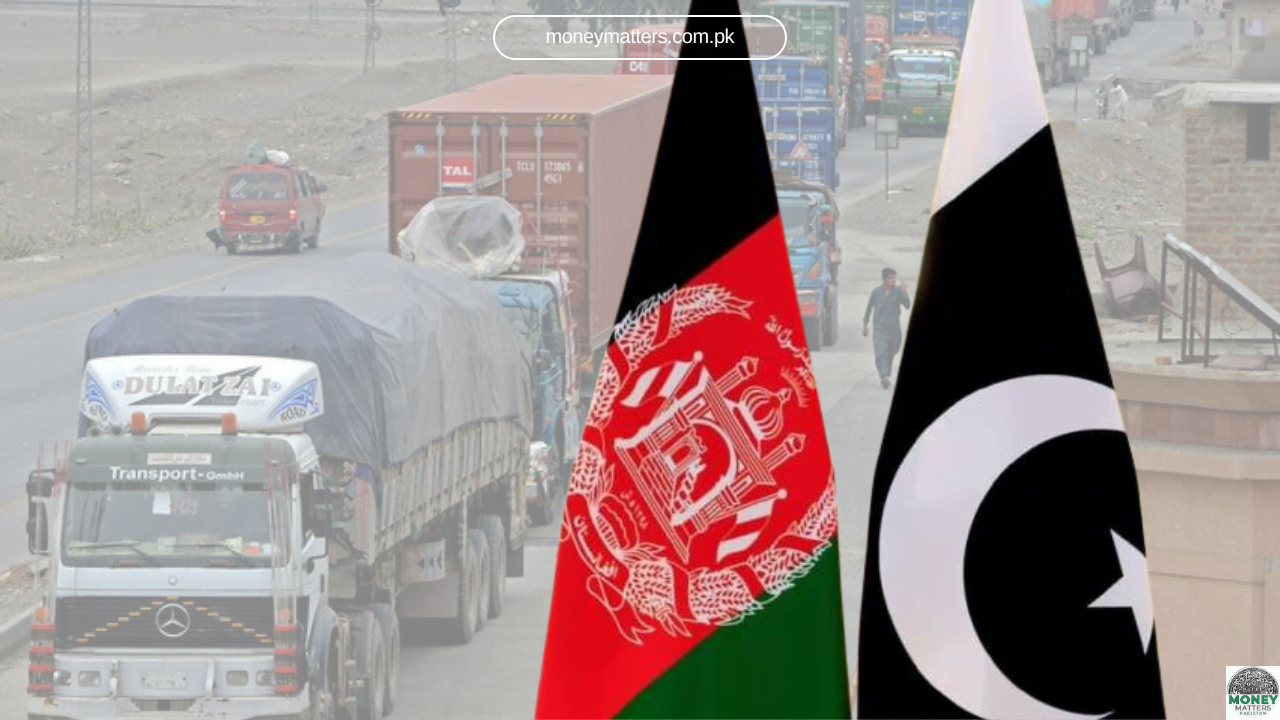Key Takeaways:
- New regulations require temporary transit permits for trucks between Afghanistan and Pakistan starting July 15th.
- Afghan traders criticize increased customs tariffs and new permit requirements.
- Ongoing trade disruptions are negatively affecting both countries.
Tolo News, Afghanistan’s leading news and current affairs channel, has reported significant changes in the trade dynamics between Afghanistan and Pakistan. These changes, effective from July 15th, mandate that trucks carrying commercial goods between the two nations must obtain a temporary transit permit.
A document obtained by Tolo News reveals that “the Pakistani government has ordered the unloading of these trucks without a permit by this date as well.” This has sparked considerable concern among Afghan traders, who have been vocal about the added pressure these regulations place on their operations.
Naqibullah Safi, Executive Director of the Afghanistan-Pakistan Joint Chamber of Commerce, highlighted the efforts being made to address these issues. He stated, “The Afghanistan-Pakistan Joint Chamber has shared this challenge with the office in Karachi, our embassy in Pakistan is working on it, and this issue is being pursued. We hope it will be resolved.”
Traders have expressed frustration over the increased customs tariffs on fresh vegetables and fruits from Afghanistan, coupled with the new permit requirements. Omid Haidari, a trader, and Abdul Ghafoor Naseri, head of the General Council of Kabul Markets, voiced their concerns, saying, “Unfortunately, our export traders are suffering. Right now, as I speak with them, hundreds of our trucks are halted due to high tariffs, transport, and fumigation costs. This problem has been created for us from both sides.”
Islamic Emirate’s embassy in Islamabad recently expressed concern over the halt of 300 trucks carrying Afghan fruits and vegetables at the ports between Afghanistan and Pakistan.
Naseri further emphasized the mutual dependence on trade between the two countries: “Most of Afghanistan’s fruit goes to Pakistan and is sold there, and similarly, Pakistani fruit is sold in Afghan markets. We urge both governments to maintain friendly relations as it benefits both countries.”
The Chamber of Commerce and Investment echoed these sentiments, pointing out that the transportation challenges are harmful to both economies. Mohammad Younus Momand, First Deputy of the Chamber of Commerce and Investment, urged the authorities to “create a mechanism to separate trade from politics,” noting that daily blockages have been exhausting for Afghan traders.
Adding to the urgency, the Islamic Emirate’s embassy in Islamabad recently expressed concern over the halt of 300 trucks carrying Afghan fruits and vegetables at the ports between Afghanistan and Pakistan. In a meeting with Pakistani officials, the delegation stressed the importance of resolving these issues promptly.




